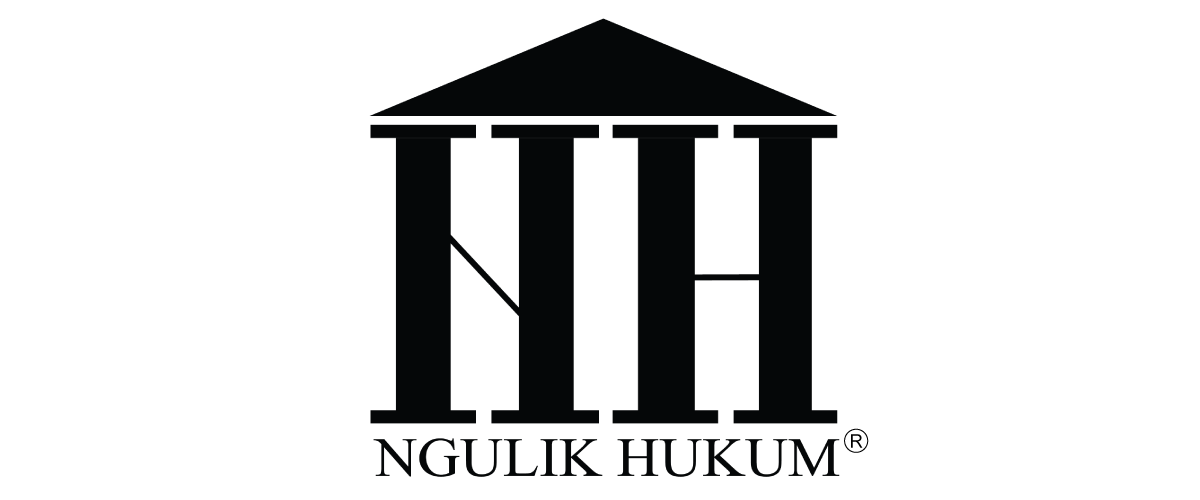Your cart is currently empty!
The Role of In-House Counsels and Lawyers
In today’s complex and fast-paced business environment, companies are increasingly relying on in-house counsels and lawyers to navigate the myriad of legal challenges that arise in the course of their operations. These legal professionals play a critical role in ensuring that businesses comply with laws and regulations, mitigate risks, and operate ethically while pursuing their strategic objectives. Below, we explore the key responsibilities and contributions of in-house counsels and lawyers, highlighting their indispensable value to organizations.
1. Legal Compliance and Risk Management
One of the key duties of in-house legal counsel is to ensure that the organization operates in full compliance with applicable local, national, and international laws and regulations. They closely monitor legislative updates and changes, providing timely guidance to management on evolving compliance obligations. Additionally, they develop, implement, and oversee policies and procedures designed to prevent legal violations and ensure regulatory adherence. By proactively identifying potential legal risks and offering practical solutions, in-house attorneys play a critical role in protecting the company from lawsuits, regulatory fines, and reputational harm, ultimately supporting the organization’s long-term success and integrity.
2. Contract Drafting, Reviewing, and Negotiation
Contracts form the foundation of every successful business relationship, and in-house counsels play a pivotal role in overseeing these critical agreements. They are responsible for drafting, reviewing, and negotiating contracts with a wide array of stakeholders, including vendors, clients, partners, and employees, to safeguard the company’s interests. By carefully identifying ambiguities, addressing inconsistencies, and mitigating potential loopholes, they not only help prevent costly disputes but also promote clear and transparent business practices. Their expertise ensures that agreements are both comprehensive and fair, fostering trust and long-term collaboration.
3. Corporate Governance
In-house lawyers play an essential role in ensuring good corporate governance practices. They advise the board of directors and senior management on their fiduciary duties and responsibilities, ensuring compliance with corporate laws and regulations. They also assist in preparing and reviewing governance documents, such as bylaws, policies, and shareholder agreements, to align with the company’s strategic objectives.
4. Litigation Management
While in-house counsels often aim to prevent disputes from escalating to litigation, they are also responsible for managing legal disputes when they arise. This includes coordinating with external counsel, gathering evidence, and formulating legal strategies to defend the company’s interests. Their involvement ensures that litigation is handled efficiently and cost-effectively, minimizing disruptions to the business.
5. Advising on Business Strategy
In-house lawyers are increasingly seen as strategic partners within organizations. Their legal expertise provides valuable insights during decision-making processes, allowing businesses to assess risks and opportunities from a legal perspective. Whether it’s entering a new market, launching a product, or acquiring another company, in-house counsels play a pivotal role in aligning business strategies with legal considerations.
6. Employment and Labor Issues
Managing employee relations and labor laws is another critical area for in-house counsels. They advise on employment contracts, workplace policies, and compliance with labor regulations. In addition, they handle disputes related to wrongful termination, discrimination, or harassment, ensuring that the company maintains a fair and legally compliant work environment.
7. Intellectual Property Protection
For companies operating in industries driven by innovation, protecting intellectual property (IP) is a top priority. In-house lawyers assist in securing patents, trademarks, and copyrights, as well as addressing IP infringement issues. Their expertise ensures that the company’s creative and technological assets remain safeguarded.
8. Crisis Management
In times of crisis, such as regulatory investigations, cybersecurity breaches, or public relations scandals, in-house counsels take on a critical role. They work closely with executives to manage the situation, communicate with stakeholders, and develop a legal response strategy. Their ability to remain calm under pressure and provide sound legal advice is invaluable during such periods.
9. Cost Efficiency
Employing in-house legal counsel can be a cost-effective alternative to relying solely on external law firms. While external lawyers are often engaged for specialized or high-stakes matters, having an in-house team ensures that day-to-day legal needs are addressed promptly and without incurring excessive fees.
Conclusion
In-house counsels and lawyers serve as much more than mere legal advisors—they are essential contributors to the success, growth, and sustainability of modern businesses. Their diverse and dynamic role extends far beyond traditional legal tasks, encompassing critical areas such as regulatory compliance, risk mitigation, strategic planning, and corporate governance, positioning them as indispensable partners in achieving organizational objectives. As businesses navigate an increasingly complex and ever-changing legal and regulatory environment, the need for skilled and adaptable in-house legal professionals is anticipated to rise significantly, further highlighting their pivotal role in shaping and driving business success across industries.

Leave a Reply